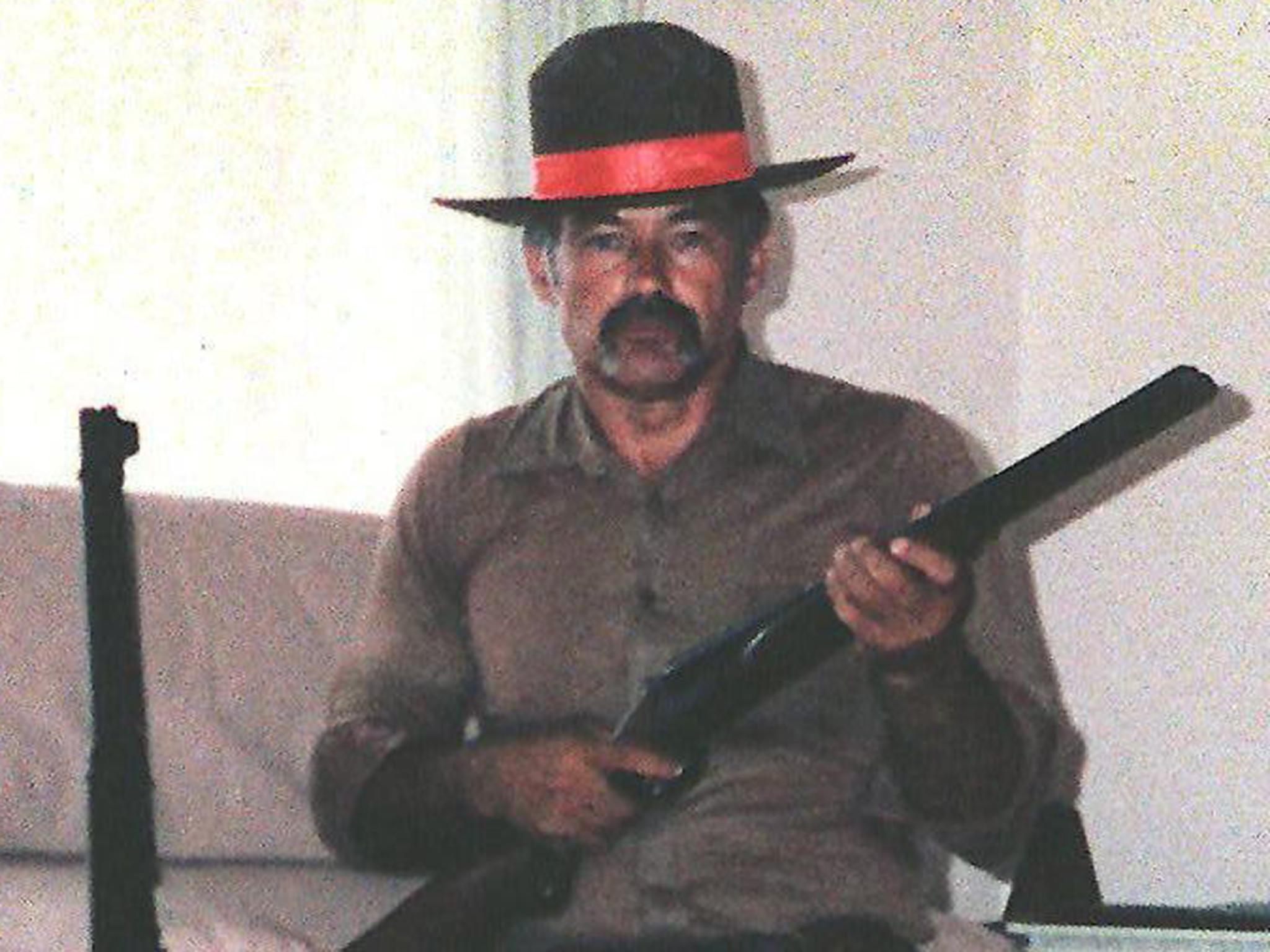Ivan Milat death: Serial killer behind Australian backpacker murders dies in prison aged 74
Milat was serving seven consecutive life sentences for murders committed between 1989 and 1993

Ivan Milat, one of Australia’s worst convicted serial killers, has died in prison after spending 23 years behind bars for the murders of seven backpackers in the late 1980s and early 1990s, authorities said on Sunday.
Milat, 74, was serving seven consecutive life sentences after being convicted in 1996 of killing two Britons, three Germans and two Australians in a case that made grim headlines around the world.
A spokeswoman for Corrective Services New South Wales (NSW) said Milat died early on Sunday, without disclosing the cause of death. Australian media reported that he had been undergoing chemotherapy since a cancer diagnosis in May.
The former road worker never admitted to the murders of the young men and women, some of whom were sexually assaulted, shot or stabbed. The bodies were found in shallow graves in a New South Wales forest.
Milat was also linked to several other unsolved missing person cases, and died under suspicion of committing more crimes than those for which he was convicted.
While in prison, he remained in the news, cutting his finger off and attempting to post it to the country’s top court, swallowing razor blades or swallowing parts of toilet flushing mechanisms.
“He can rot in hell,” Australian media cited NSW Corrections Minister Anthony Roberts as saying. “He showed no remorse. He was sentenced to remain in jail for life, that sentence was carried out and he died in jail.”
Reuters
Join our commenting forum
Join thought-provoking conversations, follow other Independent readers and see their replies
Comments
Bookmark popover
Removed from bookmarks